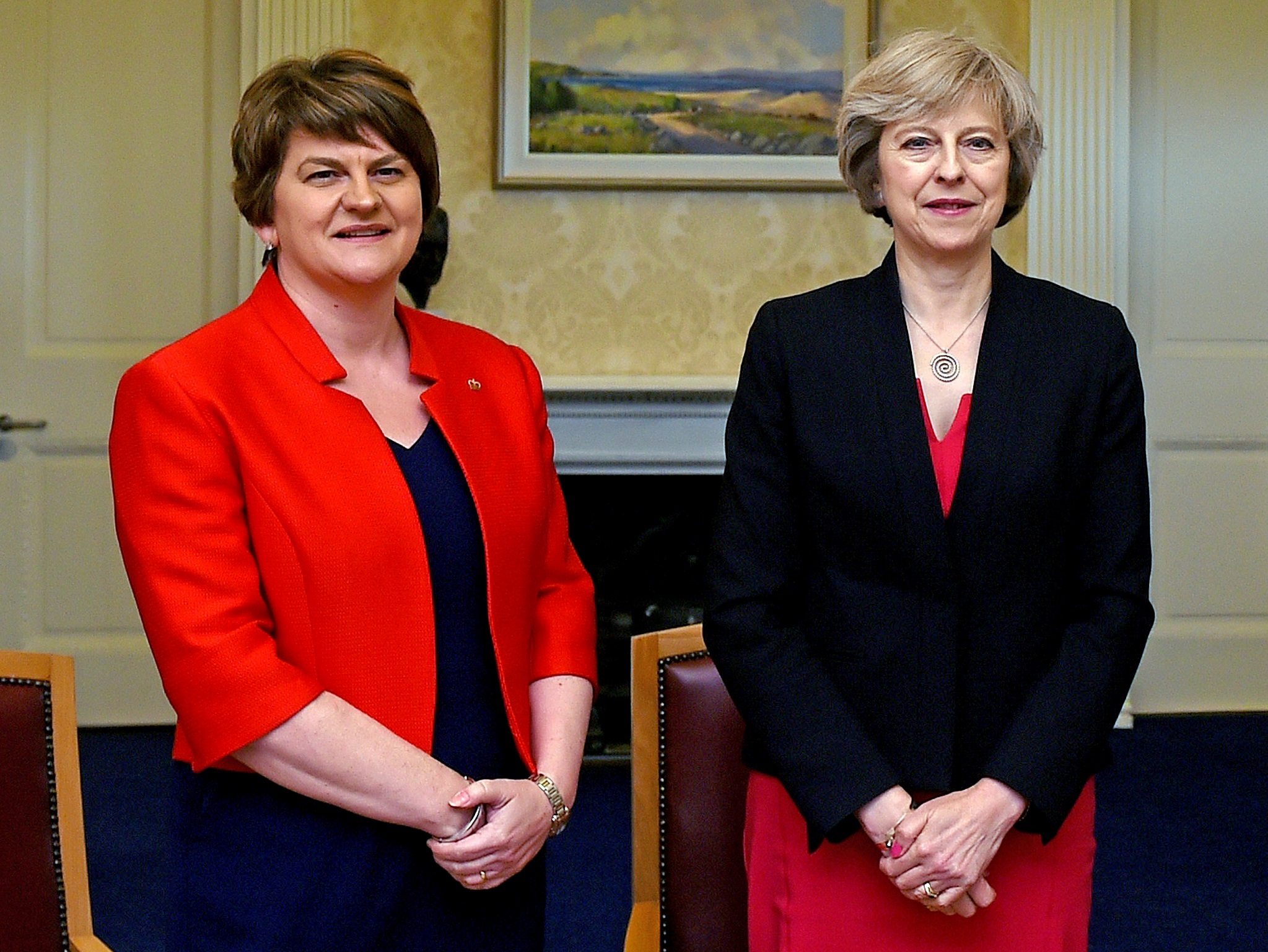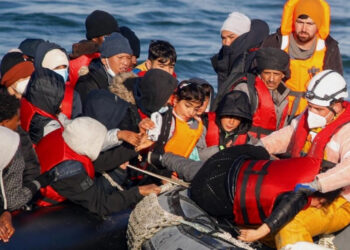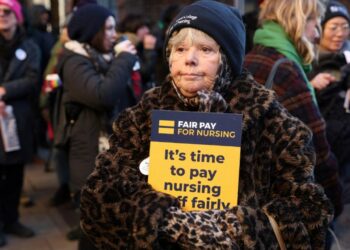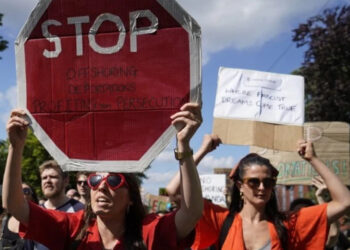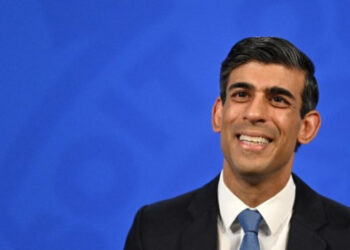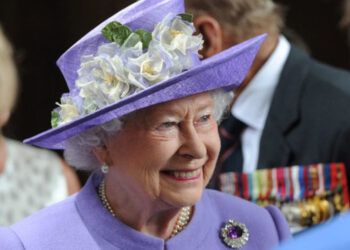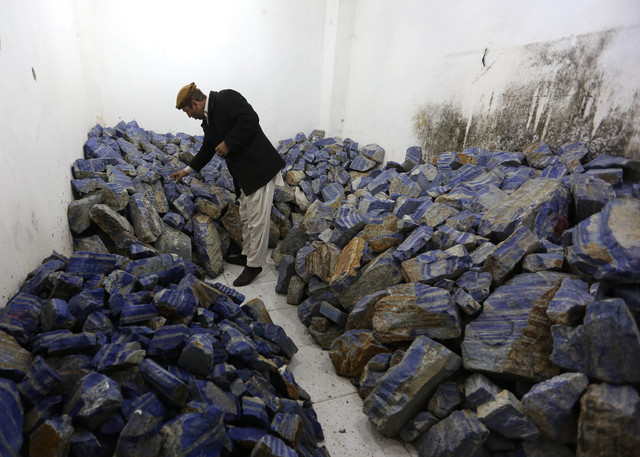Growing up in Northern Ireland, I was a detached kid when it came to politics, probably not helped by the continual and inevitable recourse to a two-party, embittered dispute between Sinn Fein and the Democratic Unionist Party (DUP).
Politics at home was often, though not always, a stand-off between Protestant and Catholic identity, enmeshed within the peculiar parliamentary system at Stormont; a strange vacuum where the peace process was always being gently nudged by the reminder of entrenched religious beliefs. So to wake up in England on the morning of the results of the recent UK General Election and suddenly see the spotlight of the world’s stage on Stormont’s back door was a shock. A shock exacerbated further by the recent consolidation of Theresa May’s Conservative government’s coalition with the DUP. For it was only when I left home to study that I realized a crucial fact: ambivalence was not a suitable response to ignorance. And sadly, ignorance shone through with the election results.
As the dust settled, questions of ‘who are the DUP?’ shot accusingly through the air. In the reporting vein that is rapidly becoming part and parcel of society’s emergent shock politics culture, eager journalists and political pundits generalized and broadly asserted a depiction of the DUP that fuelled ugly, larger than life caricatures. Combined with a general lack of understanding of how Northern Irish politics actually worked, this was a troubling sight and laughable, if not for the severity of the situation.
So where does this leave us? Veer too much one way, and it ends up being like every other ‘take’ on the state of Northern Irish politics, generic and often one dimensional. Yet go the other direction, and risk sounding like a DUP apologist which, in light of the recent abortion debates alone, would be a fundamental error. All the while, the question of why persists.
There is little doubting that the DUP is a reactionary and extremely conservative manifestation of a fundamentalist Christian right. Since its conception in 1971 by the proselytizing preacher turned politician Ian Paisley, the DUP has cast its socially-conservative shadow across Northern Irish politics. Not one to ever lack in controversy, in particular, its vice-like moralizing grip has focused upon women and the LGBT community.
Ian Paisley Jr’s damning claim of feeling ‘repulsed’ by homosexuality and the current leader Arlene Foster’s 2016 commentary on abortion, in which she claimed that she would not want abortion to be as ‘freely available’ as it was in England, are just two examples of such attitudes. That the Republic of Ireland recently saw the election of an openly gay Taoiseach and the legalizing of same-sex marriage in Germany only serve to highlight further how far behind Northern Ireland has fallen.
Yet as the 65.4 per cent voter turnout reveals, the General Election in Northern Ireland was not just a resounding victory for the DUP with two extra seats and a 36 per cent dominating share of the vote, but also a comfortable victory. In North Belfast alone, MP Nigel Dodds consolidated his success with a fifth consecutive win.
That the election marked a 7.3 per cent increase from the voter turnout of 2015 also suggests that on some level, the party speaks to the ‘ordinary’ voter; a fact all the more pertinent when it is considered how traditionally, the party has seen itself as representative of the Protestant, working-class voice.
Meanwhile across the UK, the DUP has been viewed from the angle of the coalition with the Conservative government, often neglecting to fully acknowledge what can be gained from the other side. Arlene Foster, whose recent leadership was under pressure from calls for her resignation during the Renewable Heat Incentive Scandal, has managed to secure a £1bn deal between the two parties. Such negotiations have also revealed the desire of the Democratic Unionists to seek further concessions within two years.
And while the party may take the line that social beliefs have no impact upon policy decision, decades-worth of bitterness culminated in debates about NHS funded abortions in Britain only a month ago.
Stella Creasy, the labour MP advocating an amendment in the Queens’ Speech, may have secured a temporary intervention, but once again, the broader influence of Northern Irish tensions can be seen to creep into the wider arena of British politics.
Therein lies the problem: not every single DUP vote counts as a vote of bigotry. Rhetoric is not always some kind of totalizing reality. The success of social conservatism in Northern Ireland is part of a wider political culture in which the far-right’s extremism is often counterbalanced by not only the voter’s prioritizing of their needs, but a voting tradition often entrenched within many families.
It is parochial in the sense of local community and identity, and it is this environment which has been underestimated in the rush to condemn the controversial underpinnings of the DUP. Furthermore, if Foster is true to her word, then the new deal will see investment in education, health and infrastructure, as well as a boost to the local economy as a whole. Gains such as these may come to bear a positive impact on future DUP electoral success.
We have to see beyond the narrow-minded and firmly entrenched beliefs, and understand the context of its origins. In doing so, it provides an opportunity to directly counteract and challenge such attitudes. If we want to be in a position where we can actively disarm right-wing parties such as the DUP, the long-game is going to have to be played and a broader understanding of Northern Irish politics is the crucial key.
In the coming months, the ramifications of this uneasy alliance will be seen in its impact upon the peace process, the wider social agenda within the United Kingdom and the implications for devolved power across the four entities of England, Scotland, Northern Ireland and Wales. And as it passes through the prism of Brexit negotiations, how many of these outcomes will be overshadowed?
Disclaimer: The views and opinions expressed here are those of the author and do not necessarily reflect the editorial position of The Globe Post.

